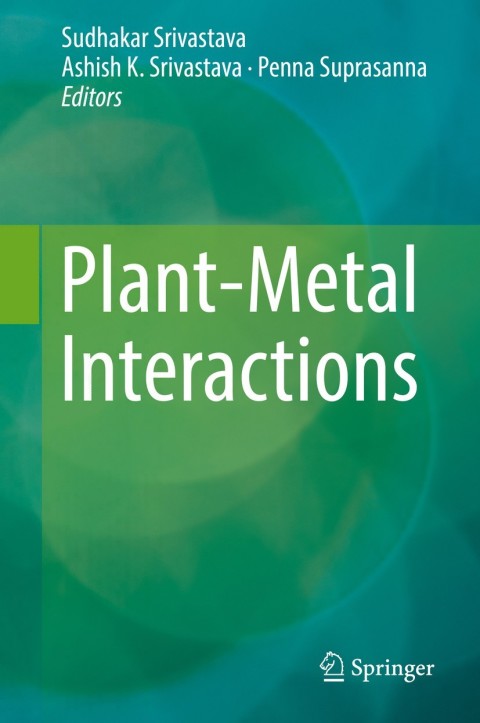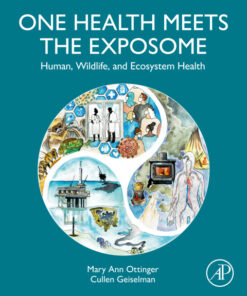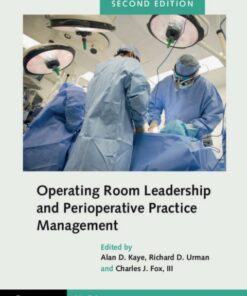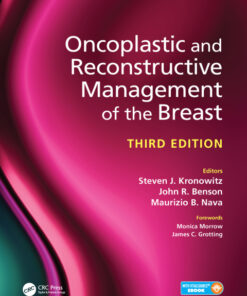Plant-Metal InteractionsMetal toxicity and deficiency are both common abiotic problems faced by plants. While metal contamination around the world is a critical issue, the bioavailability of some essential metals like zinc (Zn) and selenium (Se) can be seriously low in other locations. The list of metals spread in high concentrations in soil, water and air includes several toxic as well as essential elements, such as arsenic (As), cadmium (Cd), chromium (Cr), aluminum (Al), and selenium (Se). The problems for some metals are geographically confined, while for others, they are widespread. For instance, arsenic is an important toxic metalloid whose contamination in Southeast Asia and other parts of world is well documented. Its threats to human health via food consumption have generated immense interest in understanding plants’ responses to arsenic stress. Metals constitute crucial components of key enzymes and proteins in plants. They are important for the proper growth and development of plants. In turn, plants serve as sources of essential elements for humans and animals. Studies of their physiological effects on plants metabolism have led to the identification of crucial genes and proteins controlling metal uptake and transport, as well as the sensing and signaling of metal stresses. Plant-Metal Interactions sheds light on the latest development and research in analytical biology with respect to plant physiology. More importantly, it showcases the positive and negative impacts of metals on crop plants growth and productivity. ISBN: 9783030207311, 3030207315
Plant-Metal Interactions Ebook (hebook.shop)
$25.00
Springer











